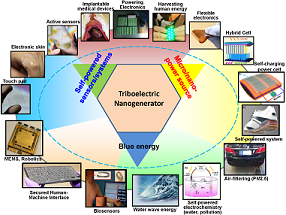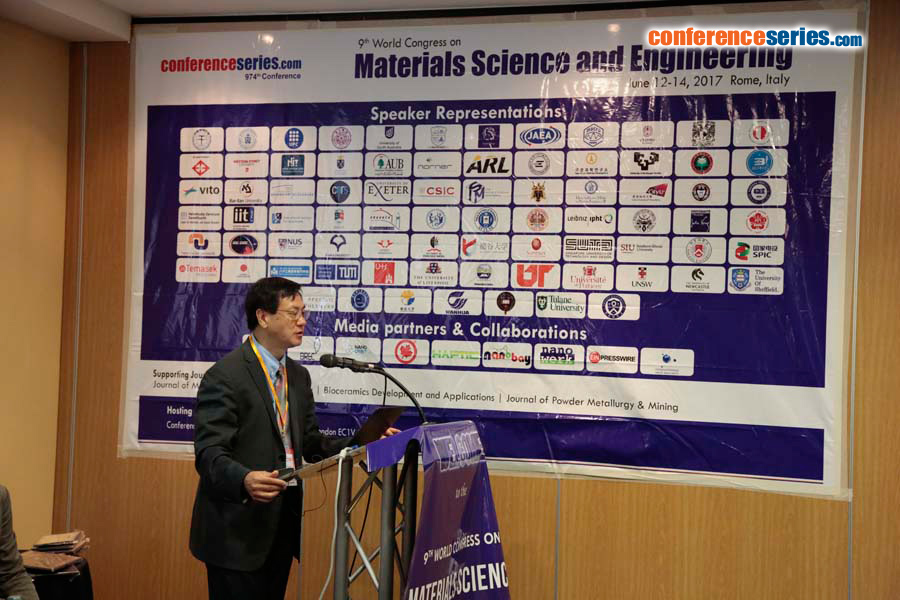
Zhong Lin Wang
Georgia Institute of Technology, USA
Title: Nanogenerators for self-powered systems and Piezotronics for artificial intelligence
Biography
Biography: Zhong Lin Wang
Abstract
Developing wireless nanodevices and nanosystems is of critical importance for sensing, medical science, environmental/infrastructure monitoring, defense technology and even personal electronics. It is highly desirable for wireless devices to be self-powered without using battery. Nanogenerators (NGs) have been developed based on piezoelectric, trioboelectric and pyroelectric effects, aiming at building self-sufficient power sources for mico/nano-systems. The output of the nanogenerators now is high enough to drive a wireless sensor system and charge a battery for a cell phone, and they are becoming a vital technology for sustainable, independent and maintenance free operation of micro/nano-systems and mobile/portable electronics. An energy conversion efficiency of 55% and an output power density of 500 W/m2 have been demonstrated. This technology is now not only capable of driving portable electronics, but also has the potential for harvesting wind and ocean wave energy for large-scale power application. This talk will focus on the updated progress in NGs. For wurtzite and zinc blend structures that have non-central symmetry, such as ZnO, GaN and InN, a piezoelectric potential (piezopotential) is created in the crystal by applying a strain. Such piezopotential can serve as a “gate” voltage that can effectively tune/control the charge transport across an interface/junction; electronics fabricated based on such a mechanism is coined as piezotronics, with applications in force/pressure triggered/controlled electronic devices, sensors, logic units and memory. By using the piezotronic effect, we show that the optoelectronic devices fabricated using wurtzite materials can have superior performance as solar cell, photon detector and light emitting diode. Piezotronics is likely to serve as a “mechanosensation” for directly interfacing biomechanical action with silicon based technology and active flexible electronics. This lecture will focus on the updated progress in the field and its expansion to 2D materials.



